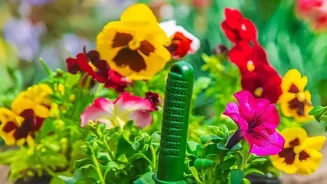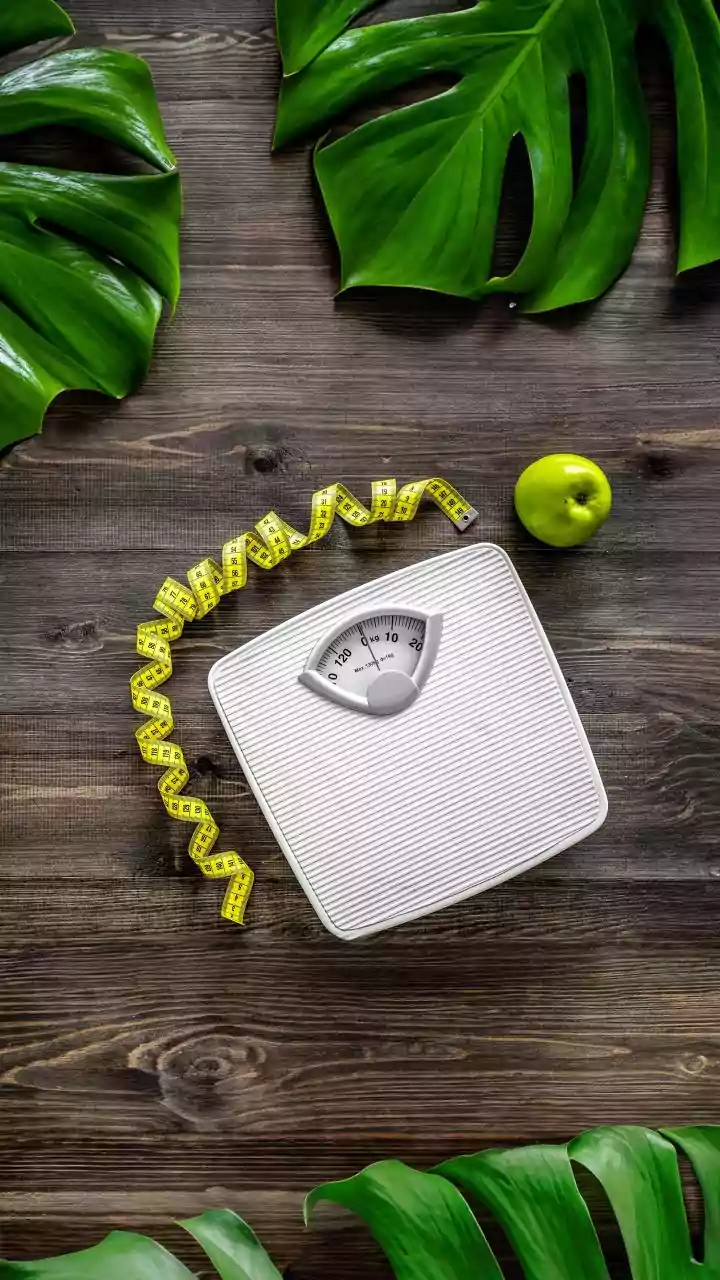Discover 8 Essential Tips for a Thriving Sustainable Garden! From planning to composting, water conservation, and more. Read on!
Gardening is becoming quite the rage these days, isn't it? More and more
folks are ditching the concrete jungle mindset and embracing a bit of green in their lives.
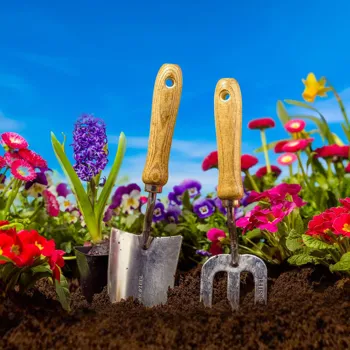
But what if you could take your gardening game a notch higher – not just growing plants, but doing it in a way that's kind to Mother Earth? That's where sustainable gardening comes in. It's all about creating a garden that's good for you, good for the environment, and good for generations to come.
Let's dig into eight essential tips to get your sustainable garden blooming!
Plan with a Purpose: Know Your Space and Climate
Before you even think about buying seeds or saplings, take a good, hard look at your garden space. What kind of sunlight does it get? Is the soil sandy, clayey, or something in between? What's the typical rainfall in your area?
Knowing these details is crucial because it helps you choose plants that are naturally suited to your environment. Imagine trying to grow water-loving plants in a desert! It's a recipe for constant watering and a lot of frustration.
Instead, opt for native plants – these are the local heroes that are already adapted to your climate and soil. They'll thrive with minimal intervention, saving you time, water, and energy.
Plus, native plants attract beneficial insects and pollinators, creating a vibrant ecosystem right in your backyard. Plan your garden out. Sketching can help for sun and other aspect.
Embrace the Power of Compost: Nature's Fertilizer
Commercial fertilizers can be quite harsh on the environment, not to mention your wallet. But there's a much better, natural alternative: compost! Composting is like recycling for your garden.
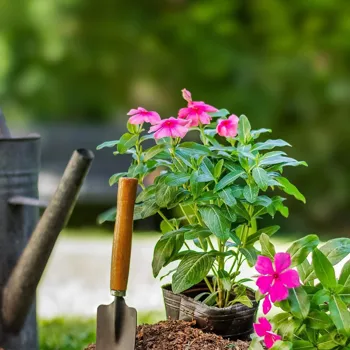
You take kitchen scraps (vegetable peels, fruit cores, coffee grounds), yard waste (leaves, grass clippings), and turn them into nutrient-rich gold. This "black gold" is fantastic for your soil.
It improves its structure, helps it retain moisture, and provides a slow-release source of nutrients for your plants. You can easily start a compost pile in your backyard, or even use a small compost bin indoors. And the best part?
You're reducing waste and creating a valuable resource for your garden. It’s a win-win situation all around! With the right management of the compost pits, you will save on pesticides and fertilizer. You also need a balanced soil to make sure your plants remain happy and healthy.
It also avoids diseases that can spread.
Water Wisely: Conserve Every Drop
Water is a precious resource, and in many parts of India, it's becoming increasingly scarce. So, water wisely in your garden! Avoid wasteful overhead watering, which leads to a lot of evaporation. Instead, opt for targeted watering methods like drip irrigation or soaker hoses.
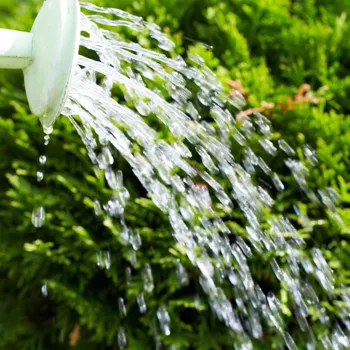
These deliver water directly to the plant roots, where it's needed most. Another great tip is to water early in the morning or late in the evening when the sun isn't as strong. This minimizes evaporation and allows the plants to soak up the moisture.
Mulching around your plants is also a great way to conserve moisture. Mulch acts like a blanket, reducing evaporation from the soil and keeping the roots cool. Regular harvesting during the appropriate time is very important. This also ensures that your plants remain sustainable.
Say No to Chemical Pesticides: Go Natural
Chemical pesticides are a big no-no in sustainable gardening. They may kill the pests, but they also harm beneficial insects, pollute the soil and water, and can even be harmful to humans. Instead, embrace natural pest control methods.
Encourage beneficial insects like ladybugs and lacewings, which are natural predators of common garden pests. You can also use organic pesticides like neem oil or insecticidal soap, which are less harmful to the environment. Companion planting is another clever trick.
Some plants repel pests, while others attract beneficial insects. For example, marigolds are known to repel nematodes, while basil can deter flies and mosquitoes. Regularly inspect your plants for pests and diseases, and take action early to prevent a major infestation. This helps reduce problems.
Grow Your Own Food: Eat Local, From Your Own Backyard
One of the most rewarding aspects of sustainable gardening is growing your own food. Imagine harvesting fresh tomatoes, cucumbers, and spinach right from your backyard!
Growing your own food reduces your reliance on the grocery store, reduces the carbon footprint associated with transporting food, and ensures that you're eating healthy, pesticide-free produce. Start with easy-to-grow vegetables like tomatoes, peppers, beans, and leafy greens.
Herbs like basil, mint, and coriander are also great for beginners. If you have limited space, consider container gardening. You can grow a surprising amount of food in pots and planters on your balcony or terrace. So there are different kind of crops you can pick. It all depends on spacing available
Encourage Pollinators: Bees, Butterflies, and More
Pollinators like bees, butterflies, and birds are essential for a healthy garden. They help to pollinate flowers, which is necessary for fruit and seed production. Unfortunately, pollinator populations are declining due to habitat loss and pesticide use.
You can help by creating a pollinator-friendly garden. Plant a variety of flowers that bloom at different times of the year, providing a continuous source of nectar and pollen. Choose native flowers whenever possible, as they are particularly attractive to local pollinators.
Avoid using pesticides, and provide a source of water for pollinators. You can also build a bee house or butterfly garden to provide shelter and nesting sites.
By creating a pollinator-friendly garden, you'll not only enhance your garden's beauty but also contribute to the health of the environment. This will keep your plants lively.
Reduce, Reuse, Recycle: Apply the 3Rs to Your Garden
The principles of reduce, reuse, and recycle apply to gardening as well. Reduce your consumption of gardening supplies by buying only what you need. Reuse containers, tools, and other items whenever possible. Recycle plastic pots, seed trays, and other gardening materials.
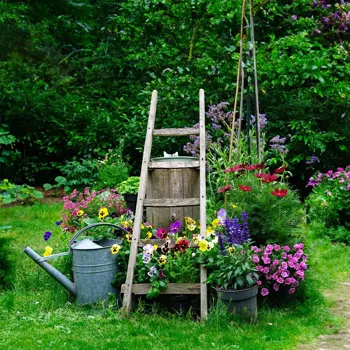
You can also reuse old tires, wooden pallets, and other discarded items to create raised beds, planters, or garden art. Get creative and find new ways to repurpose materials in your garden. This not only reduces waste but also adds a unique and personal touch to your garden.
This enables you to have some smart creations.
Embrace the Learning Process: Gardening is a Journey
Sustainable gardening is not a destination, it's a journey. There will be successes and failures along the way. Don't be discouraged by setbacks. Instead, view them as learning opportunities. Experiment with different plants, techniques, and methods to see what works best for your garden.
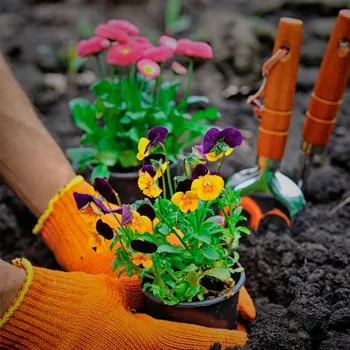
Read books, attend workshops, and connect with other gardeners to learn from their experiences. Gardening is a lifelong learning process, and the more you learn, the more successful and sustainable your garden will be.
So, embrace the journey and enjoy the process of creating a beautiful and thriving garden that's good for you and good for the planet. Gardening is an enjoyable way to be sustainable.
AI Generated Content. Glance/InMobi shall have no liability for the content